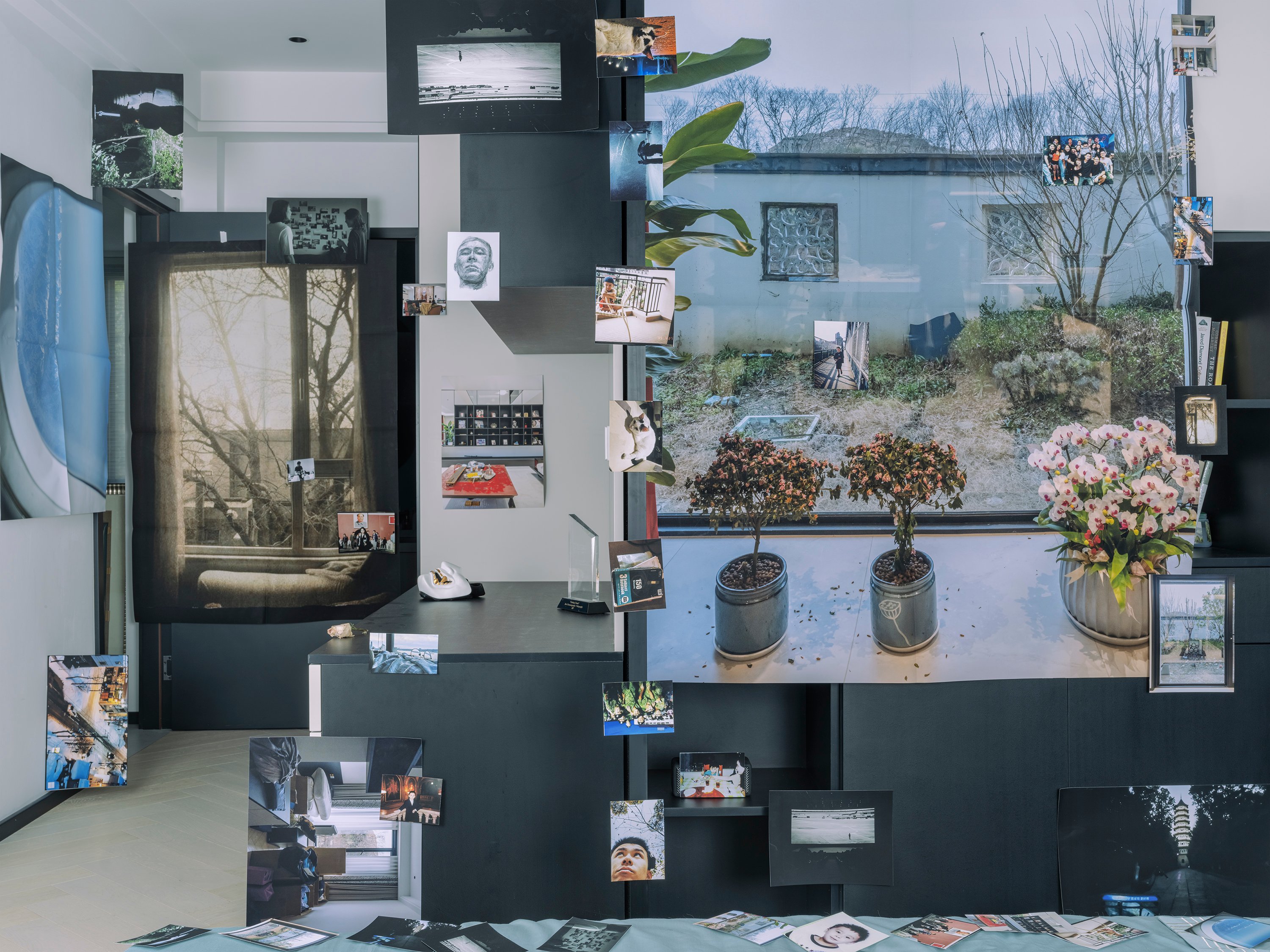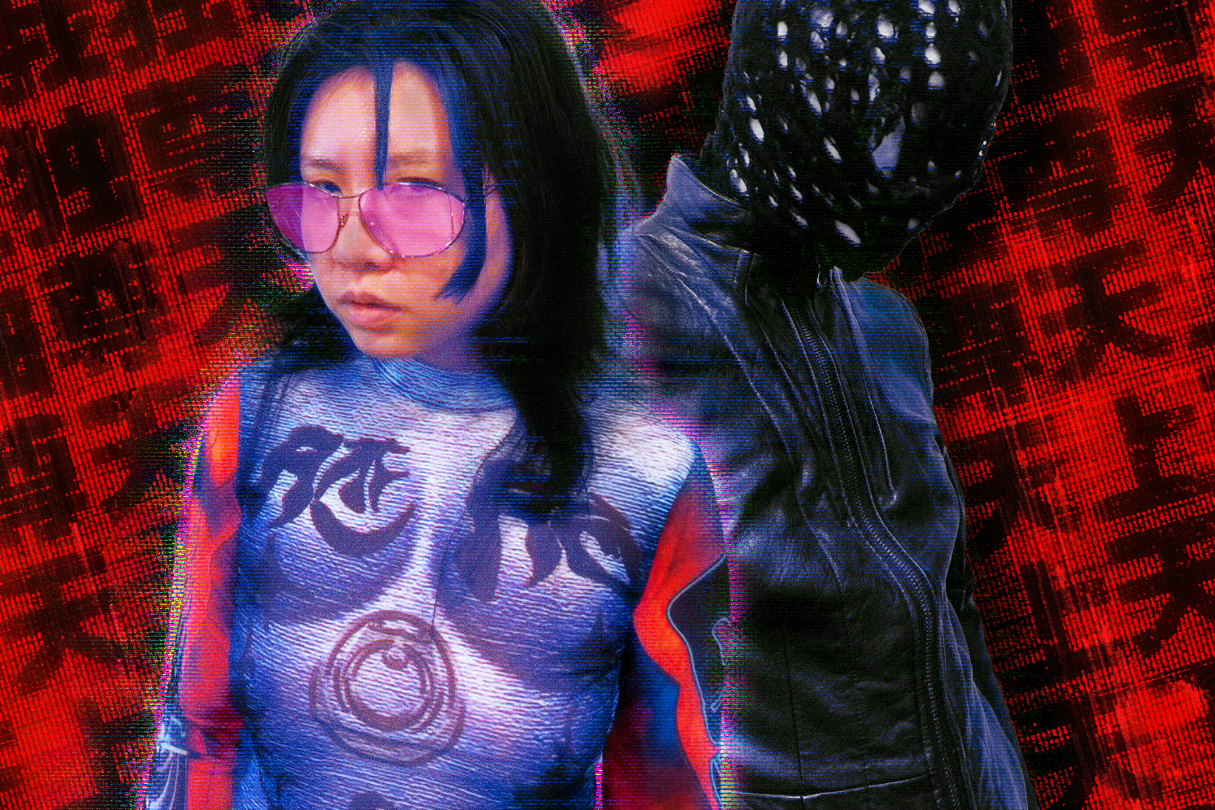On Shanghai’s Jiangsu Road, patients text in the Gingko Wellness waiting room. They’re looking for acupuncture, or other traditional Chinese solutions for their everyday aches and pains. And if you didn’t know any better, you might be surprised to see Evan Pinto emerge from behind the doors.
Dr. Pinto is an unlikely arrival to the ranks of Shanghai’s TCM doctors. The New York City native was working in Shanghai as an expat in 2006 when a running injury took out his knee. Getting acupuncture treatment as a foreigner with no language skills proved difficult, but a decade later he’s treating expat patients of his own at his private practice (when he’s not teaching at a local university). We caught up with Dr. Pinto to find out more about his story, his outlook, and his insight into TCM in China and at home.

RADII: Hi Evan, thanks for talking to us. First off, can you introduce yourself?
Pinto: Sure thing. I’m Dr. Evan Pinto, and I’m a doctor of acupuncture and Chinese medicine. I was educated in the states at Pacific College of Oriental Medicine, and I’ve lived in Shanghai since 2012. I have a private practice here and I also teach at Shanghai Traditional Chinese Medicine University.
RADII: We’ll just ask you straight — how did you get into Chinese medicine?
Pinto: I was first curious about Chinese medicine when I hurt my knee running. I was in China, but I had a really hard time finding acupuncture because I didn’t speak Chinese at the time. When I went back home and studied Chinese medicine, I realized that expats have a very difficult time getting Chinese medicine while they’re in Shanghai unless they speak Chinese, which most don’t. So I felt like there was a hole in the market — I studied up on Chinese medicine, got my degree, then moved back to Shanghai and opened up a business for expats.

RADII: How do locals feel about that?
Pinto: Locals react with shock and amazement when I tell them what I do for a living. They just can’t understand that foreigners would be interested in Chinese medicine, unless the local has traveled abroad or lived abroad for a while. Then they understand that Chinese medicine – and acupuncture especially – has its own kind of diaspora if you will, and it’s all over the world. People love it everywhere, not just in China!
RADII: What’s a difference between acupuncture here in China and at home?
Pinto: One thing I’ve noticed is that acupuncture as practiced in mainland China is very physically based, and mechanically based. It’s not too much based on the spirit and emotions, whereas in the west it’s the other way around. Lots of foreigners and people back home, they want to have their energy aligned and their spirit harmonized, while in China they just want their pain to go away. So it’s quite different and I think it speaks to the culture in mainland China, attitudes toward religion, etc.
RADII: What’s something people outside of China don’t understand about TCM?
I think one of the things that non-Chinese people — Americans, Europeans, South Americans — don’t understand about Chinese medicine is that it’s really culturally based. So to speak the language, and to practice tai chi and calligraphy, and to study Daoism as well, not just the points and the herbs — that really lends itself to being a better practitioner, which is why I came to China. I came here so I could be immersed in the culture, learn the language better, and surround myself with masters. We have masters back in America, but they’re better here.

WeChat flier for Dr. Pinto’s clinic, and some of his areas of specialty
RADII: You specialize in, among other things, helping people with stress, trauma, anxiety…are there certain problems you feel could be better addressed with TCM, or ways TCM can treat people outside the scope of western biomedicine?
Pinto: This is a big question with a long, long, long answer. Human existence is the background to everything — human existence has three levels, three realms: physical, emotional, and spiritual. Western medicine mostly deals with the physical. If something is wrong hormonally or chemically or structurally, it tries to isolate the problem and fix it. Psychology and psychiatry kind of deal with the emotions, and then religion, your clergy-people — they deal with the spirit level. Chinese medicine deals with all three at the same time, and because of that we can kind of prevent things from happening, and we can fix things that have already happened. Western medicine is mostly just a fixer.
So both styles of medicine have their strengths and their weaknesses, their yin and their yang. That’s why I practice integrated medicine — I know when to use Western medicine and when to use Chinese medicine, depending on the conditions the patient presents.
RADII: One last question. Why do you practice TCM?
Pinto: I was a soccer player and a dancer when I was younger. I had injuries, and people helped me. And then I’m also attracted to Daoism and spirituality, and TCM deals with the physical, emotional, and spiritual levels of wellness, so that holistic approach is very attractive to the way I like to live my life. I’ve also learned over time that being of service to my fellow human beings is what really makes me feel good about myself. Helping others is what all the great people who’ve ever existed do. Not that I’m fantastic, but I want to be a great person. So I’m striving and trying.

For more about Dr. Pinto, or to learn about his practice in Shanghai, follow his official WeChat account: @TCM_Acupuncture_Evan



















